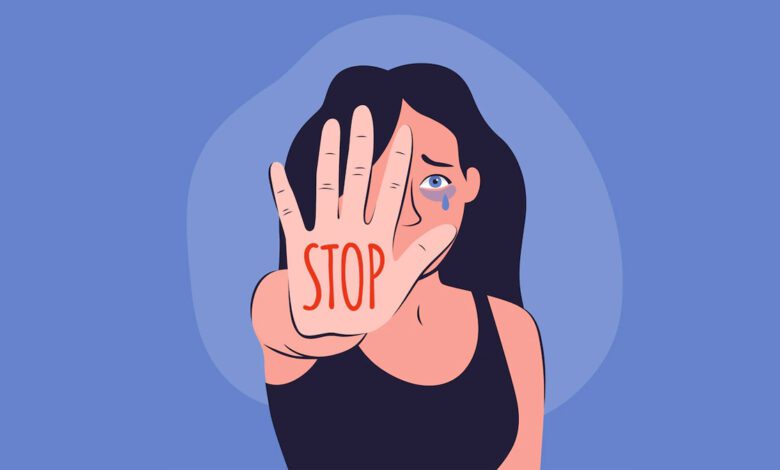Landmark reforms in Bharatiya Nyaya Sanhita (BNS) elevate women’s rights; Call mental abuse ‘cruelty’
The Indian government's recent additions to the Bharatiya Nyaya Sanhita (BNS) herald a new era for women's rights, with mental health protection and survivor identity safeguards taking centre stage.

The Indian government, in a notable move towards fortifying women’s rights, has introduced groundbreaking amendments to the Bharatiya Nyaya Sanhita (BNS). These changes, focused on safeguarding women from mental health distress and protecting the identity of sexual assault survivors, mark a progressive shift in the legal landscape
Mental Health Recognized as ‘Cruelty’
In the revamped Section 86 of the BNS, the definition of ‘cruelty’ has been expanded to include harm to a woman’s mental health. The previous version of the bill imposed a three-year jail term for individuals treating a woman cruelly, primarily focusing on physical well-being. However, the earlier version lacked a clear definition of “cruel treatment,” leaving room for interpretation. This ambiguity has been addressed in the revised bill, which now explicitly encompasses harm to both physical and mental well-being.
Protection of Sexual Assault Survivor Identities
The second noteworthy addition to the BNS pertains to safeguarding the identities of sexual assault survivors. The amended bill now stipulates a two-year jail sentence for anyone revealing the victim’s identity from court proceedings without explicit permission from the survivor. This crucial measure aims to shield survivors from unnecessary public exposure, ensuring their right to privacy and dignity.
Overview of the Bharatiya Nyaya Sanhita (BNS)
The BNS is part of a trio of bills aimed at overhauling India’s criminal laws, including the Criminal Procedure Code (CrPC). While the BNS largely retains provisions of the Indian Penal Code (IPC), it introduces new offenses and eliminates those invalidated by Indian courts. Additionally, the bill proposes increased penalties for various offenses. The Standing Committee on Home Affairs has thoroughly examined the bill, emphasizing its significance in shaping the country’s legal framework.
Comprehensive Legislative Reform
Introduced in Lok Sabha on August 11, the three bills—Bharatiya Nyaya Sanhita (BNS), Bharatiya Nagarik Suraksha Sanhita, and Bharatiya Sakshya Adhiniyam—aim to replace the outdated Code of Criminal Procedure Act (1898), Indian Penal Code (1860), and Indian Evidence Act (1872), respectively. This comprehensive legislative overhaul reflects a commitment to modernize India’s legal infrastructure, aligning it with contemporary values and principles.
Conclusion
The recent amendments to the BNS signal a significant stride towards a more inclusive and protective legal framework for women in India. By recognizing mental health as a dimension of ‘cruelty’ and safeguarding the identities of sexual assault survivors, the government aims to address critical gaps in the existing legal framework. These progressive measures underscore a commitment to fostering a safer and more equitable society, aligning with evolving societal norms and international standards.
You might also be intersted in – Achieve a healthy heart in just eight weeks with this secret



